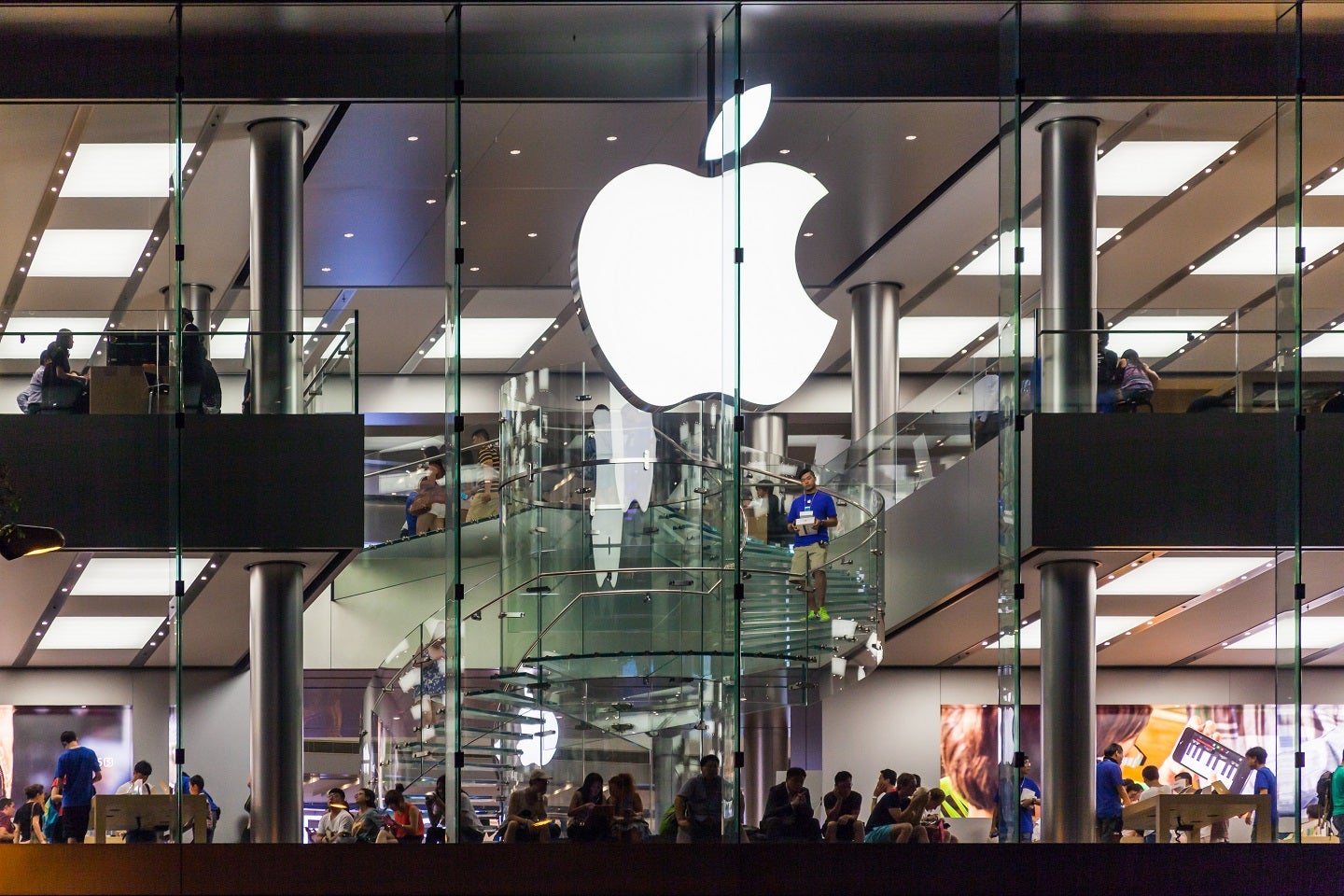No longer will Tim Cook’s words to “buy your mom an iPhone” echo in the dreams of interoperability purists. To be clear, iMessage will remain an exclusive feature for Apple users and will not make its way to other platforms. Instead, RCS will replace SMS and MMS on iPhones when possible and work alongside iMessage. By this point, you may have already figured it out. The green and blue bubbles affair is not going away; this has been confirmed by Apple. Preserving the different bubbles is a simple method to ensure Apple maintains the socially valued exclusivity around iMessage and will allow iMessage to serve as a key driving force behind strong iPhone sales, particularly among younger consumers in the US.
It’s also important to highlight that Apple will support the GMSA’s standard Universal Profile, not Google’s proprietary RCS profile. This decision could have been based on numerous factors, but the most likely is that Apple does not want to cede control to Google any more than it has to. Working alongside the GSMA and its members will give Apple more control over the direction of the Universal Profile than if it were to work with Google’s proprietary profile.
What does the timing tell us?
A significant question still remains: Why did Apple do this, and why now? While it is true that Google and Samsung have been publicly campaigning and rallying support from consumers to pressure Apple into offering RCS, this did not lead to Apple supporting RCS. Rather, the accolade for making Apple bow goes to the EU. The EU’s landmark Digital Markets Act (DMA) has so far proven to be the single most influential regulatory legislation for reigning in big tech in history, most recently convincing Apple to abort its proprietary Lightning charging port for the universally accepted USB-C. It is no coincidence that Apple chose to support RCS during a time in which the EU is assessing whether iMessage should fall under the category of a gatekeeper service.
If iMessage is designated a gatekeeper service, Apple will be compelled to make iMessage accessible on other platforms, including Android and Windows, or face a fine of 10% of its global annual turnover. In the face of this, and given the importance Apple places on iMessage as a key ecosystem enabler, the company is clearly hoping that its adoption of RCS will persuade the EU not to designate iMessage as a gatekeeper service. Of course, if it so wished, Apple could withdraw its iMessage service from the EU, but this is not an option the company will consider given iMessage’s importance in generating revenues in that region. Companies and consumers alike will wait with bated breaths to see if Apple’s recent measures are enough to prevent iMessage from making its way to other platforms.
Is the EU overreaching?
Following this, we are presented with other significant questions: Should the EU’s influence in regulatory matters extend so far beyond its own borders? Is the EU becoming a global regulatory body? By exerting such strong influence on companies way beyond its borders, the answer is seemingly yes. Five of the six companies listed as gatekeepers under the DMA are US companies – Alphabet, Amazon, Apple, Meta, and Microsoft. The remaining gatekeeper is ByteDance, a Chinese company. European policymakers will justify their geopolitical impact by stressing the DMA protects consumers and makes technology more accessible. The opposing side will claim that the ends don’t justify the means, and that the EU’s regulatory body should not supersede other regulatory bodies with their own legislation.
For the second time in two months – first, the switch to USB-C, and now the adoption of RCS after notoriously rejecting it for so long – the EU’s DMA has exerted unprecedented control over Apple’s global operations. The EU will likely see a backlash from consumers, institutions, and even governments for extending its reach far beyond its borders. For instance, if the DMA’s influence causes certain companies to lose large chunks of revenues, and subsequently contribute to lower tax remittances within their headquartered country, then matters could escalate quickly and severely, leading to potential trade wars.
How well do you really know your competitors?
Access the most comprehensive Company Profiles on the market, powered by GlobalData. Save hours of research. Gain competitive edge.

Thank you!
Your download email will arrive shortly
Not ready to buy yet? Download a free sample
We are confident about the unique quality of our Company Profiles. However, we want you to make the most beneficial decision for your business, so we offer a free sample that you can download by submitting the below form
By GlobalData







Related Company Profiles
Amazon.com Inc
Apple Inc
Alphabet Inc
Google LLC
Microsoft Corp